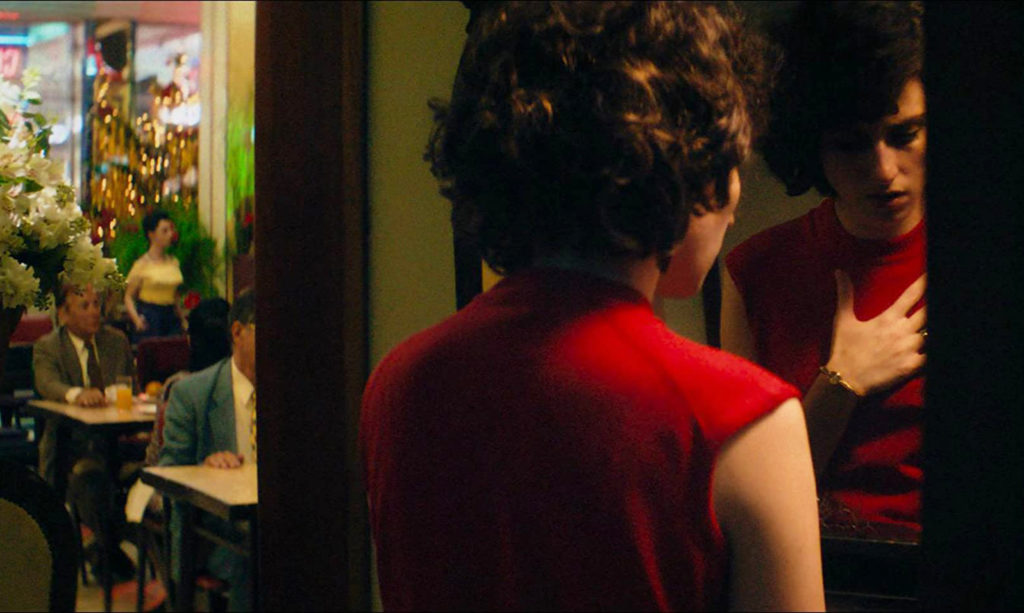Meanwhile, Euridice lives in Brazil with Antenor, stays pregnant and considers abortion because motherhood would interfere with her lifelong dream of studying music. Euridice is oblivious to the fact that Guida has been living in Brazil for quite a while, but has a strong suspicion about it. She hires a detective who eventually, after few years finds her grave. However, this turns out to be only a misunderstanding, as Guida had previously agreed to adopt the identity of her dying friend in order to keep her house. While thinking her sister has passed away, Euridice descends into psychosis. After a time-skip of a few decades, we see an elderly Euridice, whose daughter and son find all the letters Guida had been sending to Euridice, but were kept by their father. He visits the address and meets with, now passed, Guida’s granddaughter.
This heart-breaking story is actually an avid critique of a patriarchal society. As we look at two different life paths, we get to come to the conclusion that both Euridice and Guida had no freedom to make their own choices: those were imposed by the society. This feminist approach to the interpretation of the film seems to be the most logical one, as there are some scenes that so clearly and blatantly aim to push it to the front. We only have to remember the one where Euridice’s daughter, still almost a toddler, learns how to vacuum-clean the house, or so many comments on the sex of Guida’s baby, lack of kindergartens that prevent women to work, Antenor’s disapproval of Euridice’s ambition to study music, or even the fact that Euridice’s and Guida’s mother dies of breast cancer or the scene where Guida’s not allowed to obtain a passport for her son as a single mother.

In this aspect, the film tackles numerous other related problems such as unwanted pregnancy, abortion, female sexuality, housewifery, and mental illness. In total, the underlying subject of the film’s narrative is the destructive nature of patriarchy.
On another level, however, the artistic one, the flowery, tropical, vintage aesthetics pervades the frames. The predominant colors are yellow, green and red, whilst there are also passages where the pale palette of, usually warm, tones alternates with loud colors. The film’s saturated with sentimentalism, realistic dialogues, convincing acting and explicit sex scenes. The Brazilian sweltering and humid weather, the poverty and unhygienic living conditions, unsanitary childbirth center, work in factories, all contribute to the creation of a melancholic, even pessimistic ambiance where the reality of everyday life becomes tedious and hopeless.
In difference to the classical Hollywood cinema with its generally unrealistic portrayals and predictable, obligatory, happy-endings, “Invisible Life” doesn’t offer these impressions and outcomes in order to accommodate viewers. Rather than to create the sense of real life starting from fiction, the film creates fiction parting from real life: there’s no embellishments, yet therein lies all the beauty. The extremely touching ending was probably unnecessary; because the intention was to make a memorable impact—which then again was redundant—because the movie had already established itself as exceptionally evocative and tragic to its core.


